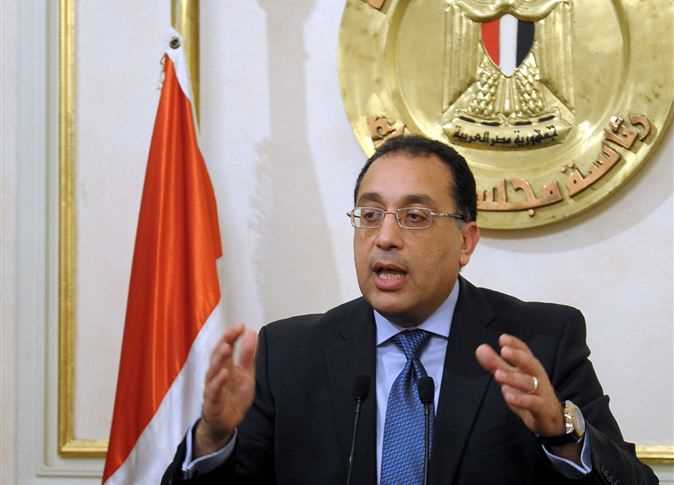Details of security-intelligence cooperation to select candidates for the Egyptian parliament
Security-intelligence cooperation is at the forefront of the political and security arena in Egypt.
The National Security Agency spends efforts to coordinate between the Ministry of Interior and the General Intelligence Service to choose the personalities representing the core nucleus of the House of Representatives, which will be elected during the coming weeks. In two parallel lines, the two bodies work to set the lineup of the leading candidates for the individual system and the members of the four lists. The cooperation is going under cover of the Nation’s Future Party (NFP), which observers consider the Party of Order, similar to what happened in the recent senate elections. The two bodies seek for the House of Representatives elections to be a duplicate of the senate elections, concerning the For Egypt electoral list acquiring the overwhelming majority of seats, without regard to the opposition parties that were excluded entirely from the political scene.
According to political sources, the National Intelligence and Security Forces divide the targeted members of parliament into three categories, the largest of which is at a rate of up to 60 per cent, from individuals and lists, including the share of women, who will be chosen according to tribal criteria and regional relations with rural areas. This task was entrusted to the National Security. It began a few weeks ago contacts and coordination meetings with families, tribes, and committees of pro-regime parties in the governorates.
The selected candidates will be determined based on several factors, including the ability to spend on advertising and pay sums of money to the system and its apparatus under the name of donations, in addition to the extent of the candidates’ security cooperation and the strength of their contacts with the various agencies. As for the second category, its percentage of the total membership reaches 30 per cent. It includes individuals and lists representatives in Greater Cairo, Alexandria, and urban areas nationwide. The task of choosing them was assigned to committees composed of representatives of the National Security, General Intelligence, and Administrative Control. The last two agencies play a more significant role in selecting based on criteria, chief among them the strength of cooperation with the agencies, and how to deal with the media and social communication.
There is a tendency to choose a large percentage of this category from among the party personalities who have received qualifying courses from the National Training Academy of Abdel Fattah al-Sisi’s Department and the Nasser Military Academy. Intelligence also tends to choose people who are under 45. It put many of them into leadership positions in the various committees of parliament. As for the third category, which amounts to 10 per cent, it will be dominated by the choice of the General Intelligence Service, specifically the office of its director, Abbas Kamel, and the five per cent that al-Sisi will appoint in the council. This category’s selection is the most difficult, especially as it passes through several people, ending with General Intelligence officers’ sessions with the candidates, which are more like a personal interview after completing the necessary security and oversight investigations.
According to the sources, the options are tending to place the symbols of the regime of the late President Hosni Mubarak in the lists of the Nation’s Future Party, especially those who disappeared from the political scene in the aftermath of the January 25, 2011 revolution, intending to benefit from their influence in some electoral districts. On top of these are former members of parliament on behalf of the (dissolved) National Party, such as the former Minister of Military Production, Syed Mashaal, and the prominent businessman Muhammad Abu al-Enein.
Among the most prominent names on the list are Hammam al-Adly, deputy of the National Party in Sohag, former Mubarak’s labour leader Jabali al-Maraghi, former party representative in Qena, Moataz Mahmoud, in addition to Abdul Hadi al-Qasabi, head of the Support Egypt coalition. The list also includes the president of Smouha Club, businessman Muhammad Faraj Amer, and the head of the Arab Affairs Committee in the last two sessions of Mubarak’s parliament, Major General Saad al-Gammal.
According to the same sources, those responsible for managing the electoral scene decided to exclude all members of the current parliament from joining the (25-30) bloc, who registered many positions opposing the ruling authority.





Recent Comments